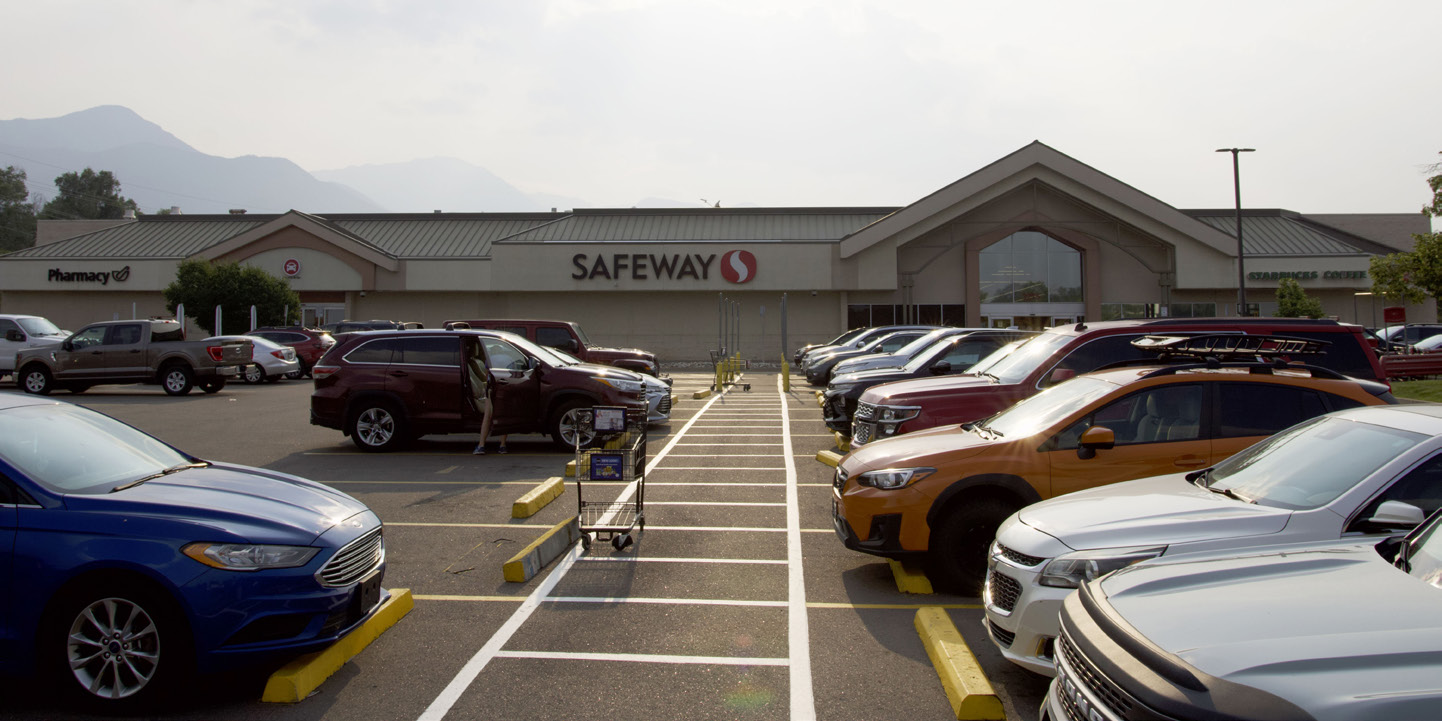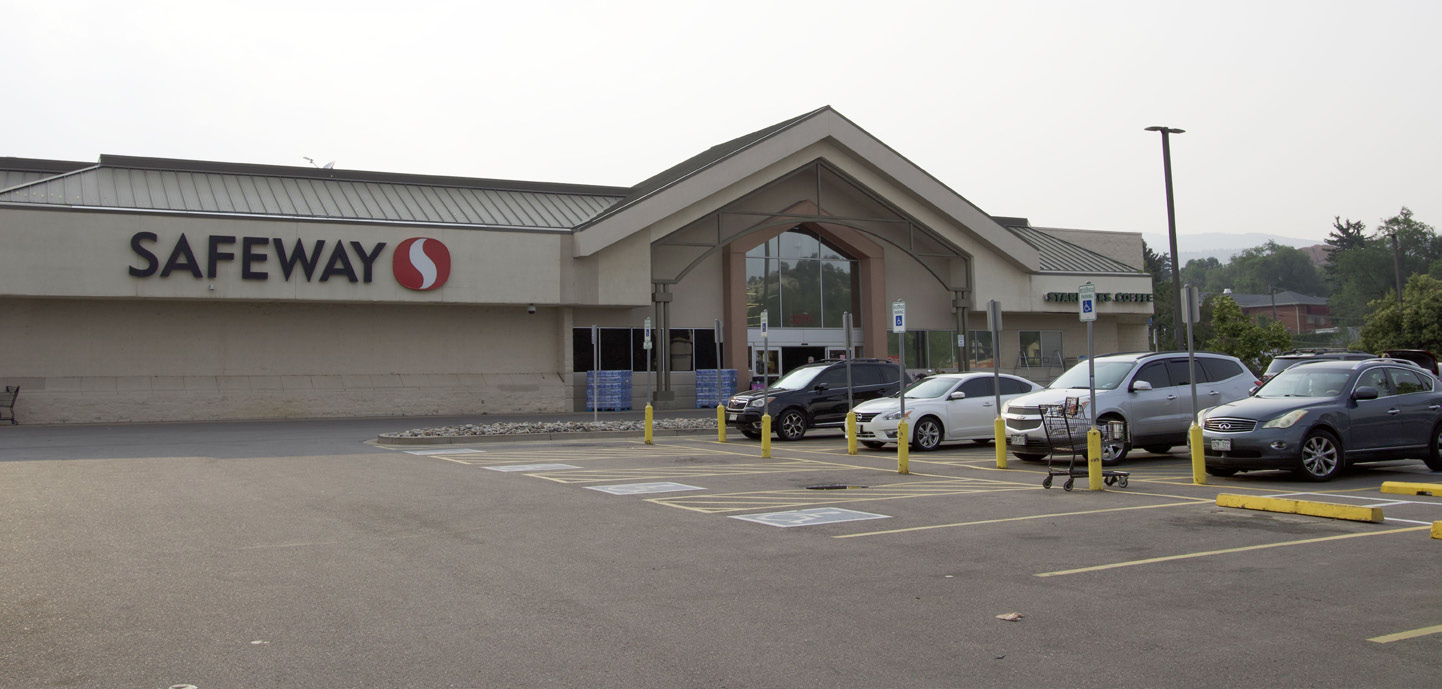Apotential merger between grocery chains Kroger and Albertsons could impact 91 Safeway stores in Colorado, including the Westside’s Safeway on W. Colorado Avenue. As part of the merger, Albertsons will sell 91 Safeway stores to C&S Wholesale Grocers, operator of the Piggly Wiggly chain. C&S has agreed that “no stores will close as a result of the merger.”
Despite corporate assurances, concerns over the merger abound. Earlier this year, Colorado Attorney General Phil Weiser filed a lawsuit in Denver District Court to block the $24.6 billion proposed merger.
“Coloradans are concerned about undue consolidation and its harmful impacts on consumers, workers, and suppliers,” said Weiser in a February news release. “After 19 town halls across the state, I am convinced that Coloradans think this merger between the two supermarket chains would lead to stores closing, higher prices, fewer jobs, worse customer service and less resilient supply chains.”
Labor groups have also staked out opposition to the merger. “As a member of our last collective bargaining team, I’m worried about how the proposed merger would impact our ability to advocate for better wages, good health benefits and a strong pension,” said Bill Valdez, United Food and Commercial Workers Union member from Colorado Springs, in a news release. “If these corporations merge, it would seriously impact our union’s power in bargaining. The companies won’t need to be competitive about pricing and they won’t need to be competitive about bargaining.”
Others have questioned claims that no stores will close. “History shows we can’t take merger promises at face value,” said Jessica Crowley, a UFCW member from California, in a news release. “When Albertsons acquired Safeway in 2015 and divested about 150 stores to Haggen, many grocery stores shut down, leaving thousands jobless for months. Let’s be clear: this mega-merger will negatively impact retail workers, smaller suppliers, independent chains and communities already facing challenges with food and medication access. C&S Wholesale Grocers’ limited experience in retail pharmacy makes the divestiture plan highly unlikely to succeed.”
Employees at the W. Colorado Avenue Safeway, who asked to remain anonymous, say there are no plans for the store to close, citing the ongoing renovations at the location and the steady flow of customers.
Residents of Old Colorado City and Manitou Springs rely on the W. Colorado Avenue Safeway for groceries and access to fresh produce.
“It really feels like a key place in the community,” says OCC resident Christine Aguilar. “We see a lot of our neighbors. We literally live across the street, and so we’ve gotten to the point where we basically go shopping for what we need that day. If we get home and we say, ‘Hey, who wants a salad?’ we’ll walk over and get a salad. We definitely use it. It is so friendly, so safe, friendly, inviting. It really feels like a small town with this sweet little store here, and we feel like we’re healthier because we can go so often and get fresh, healthy food.”
Outside of the W. Colorado Avenue Safeway, Westside and Manitou residents also shop at the Uintah King Soopers and the 8th Street Walmart, both of which pose challenges to residents who rely on public transportation.
“Manitou Springs, with a population of at least 5,600, does not have a supermarket,” said Manitou resident Melanie Blades. “We have a convenience store, with prices that are much higher than Safeway’s and a much smaller inventory of products. I’m not criticizing our local convenience store, I love it, but it’s not a supermarket.”
Kristy Milligan, CEO of Westside Cares, which operates food pantries on the Westside and in Manitou, notes that any changes to local grocery stores can have cascading effects in the community.
“Last year, Congress failed to reinitiate that SNAP expansion,” says Mulligan. “As a result, a lot of people were disenrolled who are living right on the margins. However, at this moment, more than 5,000 people on SNAP at this moment, indicate they are experiencing housing insecurity, and I’m mentioning that ancillary point, because the closure of any food source where people who are eligible for SNAP – and there are plenty of people who aren’t but should be – is going to create a greater strain on both food pantries and the remaining food sources within a particular community. What we’re going to see, very likely, is a significant increase in foot traffic at another location, and an increase in people trying to access overpriced, unhealthy food at convenience stores.”
Since the COVID-19 pandemic, Westside Cares has seen a 250% increase in the number of clients seeking food assistance, giving out approximately 35,000 bags of food each year since 2020.
“As an entire organization, fewer than 15% of people that we receive at Westside Cares are currently experiencing homelessness,” says Mulligan. “The vast majority, or 85% of the people that we see at Westside Cares, live indoors, they have a source of income and they’re just having a very, very difficult time making ends meet. As it relates to the pantry in particular, we know that approximately 25% of the people who are receiving food services are older adults. So people who are older, and approximately 30% of people who receive food through our pantries are under the age of 18. It might be mom who comes to the pantry, but she may be taking groceries back for two kids under 18 and parents living with her. We know that we are seeing an increase in young people who are food insecure and especially older adults on a fixed income who are food insecure.”



